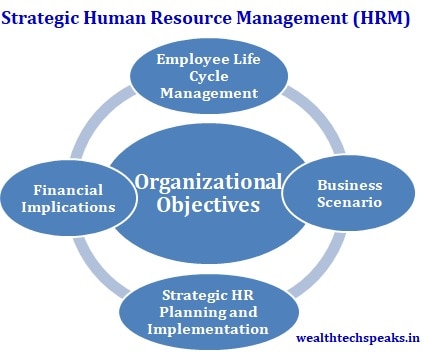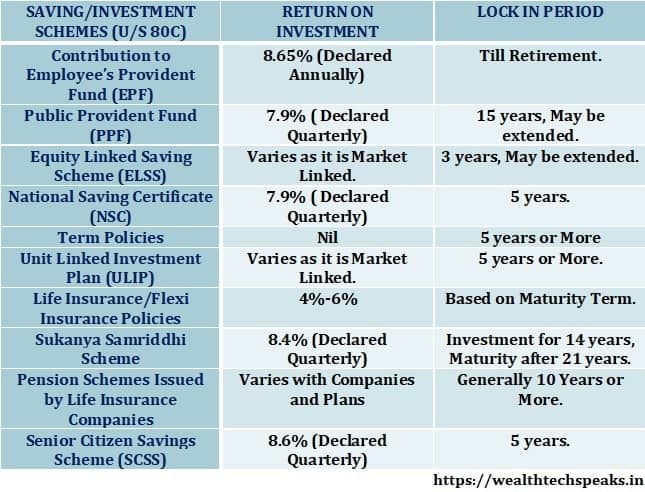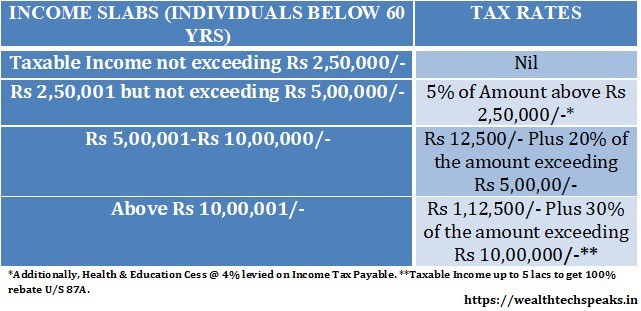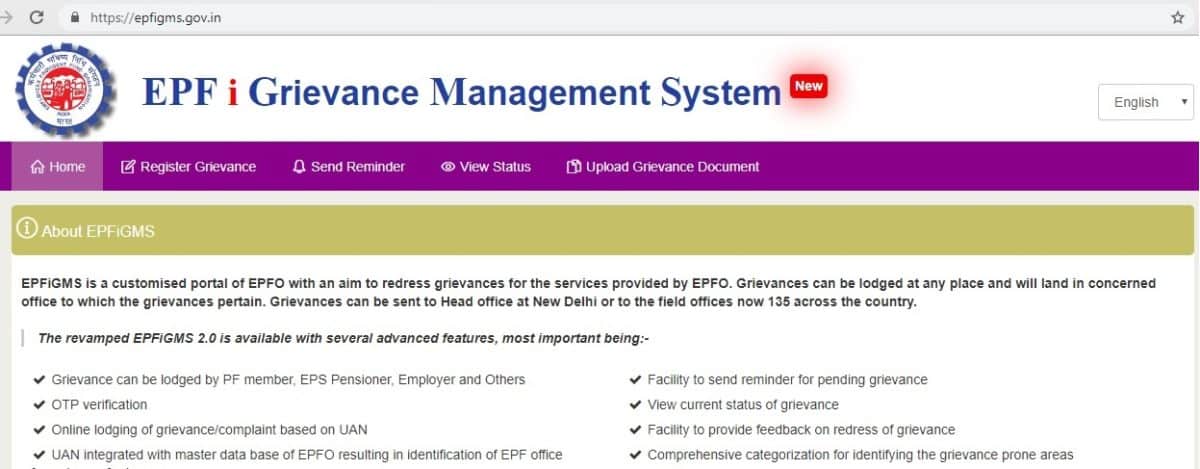
Floating Rate Savings Bonds (FRSB) 2020
- Posted By Amritesh
- On September 28th, 2020
- Comments: 11 responses
Government has introduced the Floating Rate Savings Bonds (FRSB) 2020 (Taxable) starting from 1st July, 2020. The new Bond was launched post the withdrawal of 7.75% Savings Bonds as the interest rates are falling due to unfavorable economic scenario, adversely affected by the Covid-19 pandemic. New Bond will offer an interest rate of 7.15% and the rates will be reset every six months based on the Government Securities rate. The interest earned will be paid out on semi-annually basis and accumulation of interest is not allowed.
Small Savings Scheme Interest Rates FY 2020-21
The scheme will appeal to senior citizens as it is one of the safest investment product offering regular returns. The rate of interest is also pretty decent considering current situation.
Salient Features of Floating Rate Savings Bonds (FRSB) 2020
FRSB 2020 (Taxable) is issued by Reserve Bank India (RBI) on behalf of the Government of India (GOI). The floating rate of interest implies that rates will be adjusted periodically based on prevailing the benchmark rate.
Eligibility
Subscription to Bonds is open to any resident Indian (including Joint Holdings) and Hindu Undivided Families (HUF). NRIs are not eligible to invest in these Bonds.
Investment Limit
Minimum Investment: Rs 1000/- and in multiples of Rs 1000/- thereof.
Maximum Investment: No maximum limit.
Investment Mode
Subscription to the bonds can be made in cash up to Rs 20,000/- only. Investment in excess of the threshold (cash) limit may be made through drafts/cheques or any electronic mode acceptable to the Receiving Office.
Receiving Office (Accepting Investment in Bond)
Investment in Bond may be made through designated branch of any of the Nationalized Banks and 4 private sector Banks namely, Axis Bank, HDFC Bank, ICICI Bank and IDBI Bank.
*During the research, it appeared ICICI Direct is also offering subscription to FRSB online. (Unverified)
Issuance of Bonds
Bonds will issued once the subscription in form of cash is received (for investment up to Rs 20,000/-) or on the date of realization of cheque/drafts or electronic transfer.
Bonds will be in electronic form (dematerialized format) in Bond Ledger Account (BLA) opened with the Receiving Office. A certificate regarding the same will be issued to the respective Investor.
Tenure & Premature Redemption
FRSB tenure is of 7 years from the date of issuance.
Premature redemption is allowed only for Senior Citizens in specific scenarios. Investors in the age bracket of 60-70 years may redeem the Bond on completion of 6 years. Whereas, Investors in the age bracket of 70-80 years may redeem the Bond on completing 5 years and Investors above the age of 80 may do so after completion of 4 years. But nominal penalty is also applicable on such withdrawals. Investor may surrender the Bond after completion of 12th, 10th & 8th half year in accordance with the respective lock-in period. The proceeds will paid out on the following interest due date (1st July or 1st January, as the case may be).
Interest Rate & Payment
The Interest on the investment in Bond is payable at the interval of every six months. The interest will be paid from the date of issue up to 30th June/31st December depending on when the investment was made. Thereafter, at the end of every six months the interest is payable on 1st January & 1st July respectively.
The Interest Rate will be reset at the end of every six months. The adjustment will be made on the basis of the prevailing interest rate offered under National Savings Certificate (NSC) with addition of (+) 35 basis points (0.35%).
Interest Rate offered on for current period due on 1st July, 2021 is 7.15% (NSC 6.8% plus 0.35%).
The interest will be directly credited to the Bank Account details provided at the time of subscribing to the Bond. Cumulative Interest payment option is not available under FRSB.
Nomination
Nomination Facility is available to Subscriber under the FRSB in accordance to the Act governing the same.
Transferability & Tradability/Loans
Bond held in the Bond Ledger Account (BLA) of an investor is not transferable, except transfer to a nominee(s)/legal heir in case of death of the Investor.
The bonds are not allowed to be traded in the secondary market and are not eligible as collateral for availing loans.
Taxability
Tax will be deducted at source (TDS) at the time of paying out the interest. If any exemption under the relevant provisions of the Income Tax Act, 1961 is obtained, same may be declared in the Application Form.
Interest earned will be added to the Income of the Investor for the computation of the tax for the particular Financial Year. Investor will be taxed as per the income tax slab applicable on the income. No tax deduction is available on investment in FRSB.
Penalty
In case of premature redemption of the Bond under specific condition for Senior Citizens, 50% of the interest due in the last six months of the holding period will be recovered from the proceeds and the fund will be paid out on the following interest due date.
Brokerage
Receiving Offices will receive brokerage of 0.5% on the fund mobilized. They are also required to share at least 50% of the brokerage with the Brokers/Sub-Brokers for the applications tendered on behalf of their clients.
Benefits of Investment in Floating Rate Savings Bonds (FRSB)
FRSB are zero credit risk instrument implying that the investment is completely safe.
Interest Rate is higher compared to other fixed return instruments.
Regular Income source for the Investor, makes it an attractive investment product for the senior citizens.
Bond offers floating rate of interest, (+) 35 basis points higher than the interest offered on NSC. Considering the interest rates is at their lowest currently, one may expect better returns going forward.
Risk adverse investors may consider investing in the scheme as it is secure and offers periodic return.
Drawbacks of Investment in Floating Rate Savings Bonds (FRSB)
Returns are taxable and no tax benefit is available on the investment.
FRSB are highly illiquid as it comes with lock-in period of seven years. Even for Super Senior Citizens minimum lock-in period is of four years. Furthermore, penalty is also levied on such premature withdrawal.
Interest Rate is reset after every six months so risk of rate cut always looms given the economic scenario and falling rate of interest.
Since accumulation of interest is not permitted, Investors looking for capital appreciation may not be able to meet their objectives. Absence of compound return makes it unviable for long term investment.
Interest Rate may not be enough to counter Inflation and rise in Standard Cost of Living.
Investment in Floating Rate Savings Bonds (FRSB): Should You Invest?
FRSB looks attractive currently as it offers higher return compared to other fixed return instruments. The product will serve the Senior Citizens on two accounts, regular flow of income and higher rate of interest. However, for Young Individuals the FRSB does not offer much. For Individuals in the higher tax bracket the return post tax implication reduces to about 4.5% which is pretty low. Moreover, in my opinion young Investors should consider investing in Equity and Debt Oriented Mutual Funds not only for higher returns but for tax efficiency too. Furthermore, lock-in period of seven years is fairly long, in terms of liquidity too Equity and Debt have a distinct advantage over the FRSB.
However, all is not bad with FRSB and it is a wonderful product for many. Likewise, Retired Individuals and Senior Citizens should seriously consider investing in FRSB after parking their funds in Pradhan Mantri Vayya Vandana Yojana (PMVVY) and Senior Citizen Savings Scheme (SCSS). As it will offer risk free regular income to elderly individuals.
Income Tax Slabs & Rates FY 2020-21 (AY 2021-22)
Apart from Senior Citizens, Individuals looking for regular income product may consider FRSB for investment as interest rate is higher than Fixed Deposits. Individuals in the tax bracket of 10% or less, looking to park their savings in Term Deposits may consider investing in FRSB. As the post tax return is much higher than the interest offered on Term Deposits.
Each Financial Product has its merits and demerits. Investors need to evaluate their financial goals and requirement before investing their hard earned money.
Do check out the New & Old Income Tax Slab Comparison on Wealthtech Speaks YouTube Channel. Also subscribe to the Channel for regular updates.
Wealthtech Speaks or any of its authors are not responsible for any errors or omissions, accuracy, completeness, timeliness or for the results obtained from the use of this information. This article is for informational purpose only. Readers are advised to research further to have detailed knowledge on the topic. It is very important to do your own analysis and consult your Financial Advisor before arriving at any conclusion.







